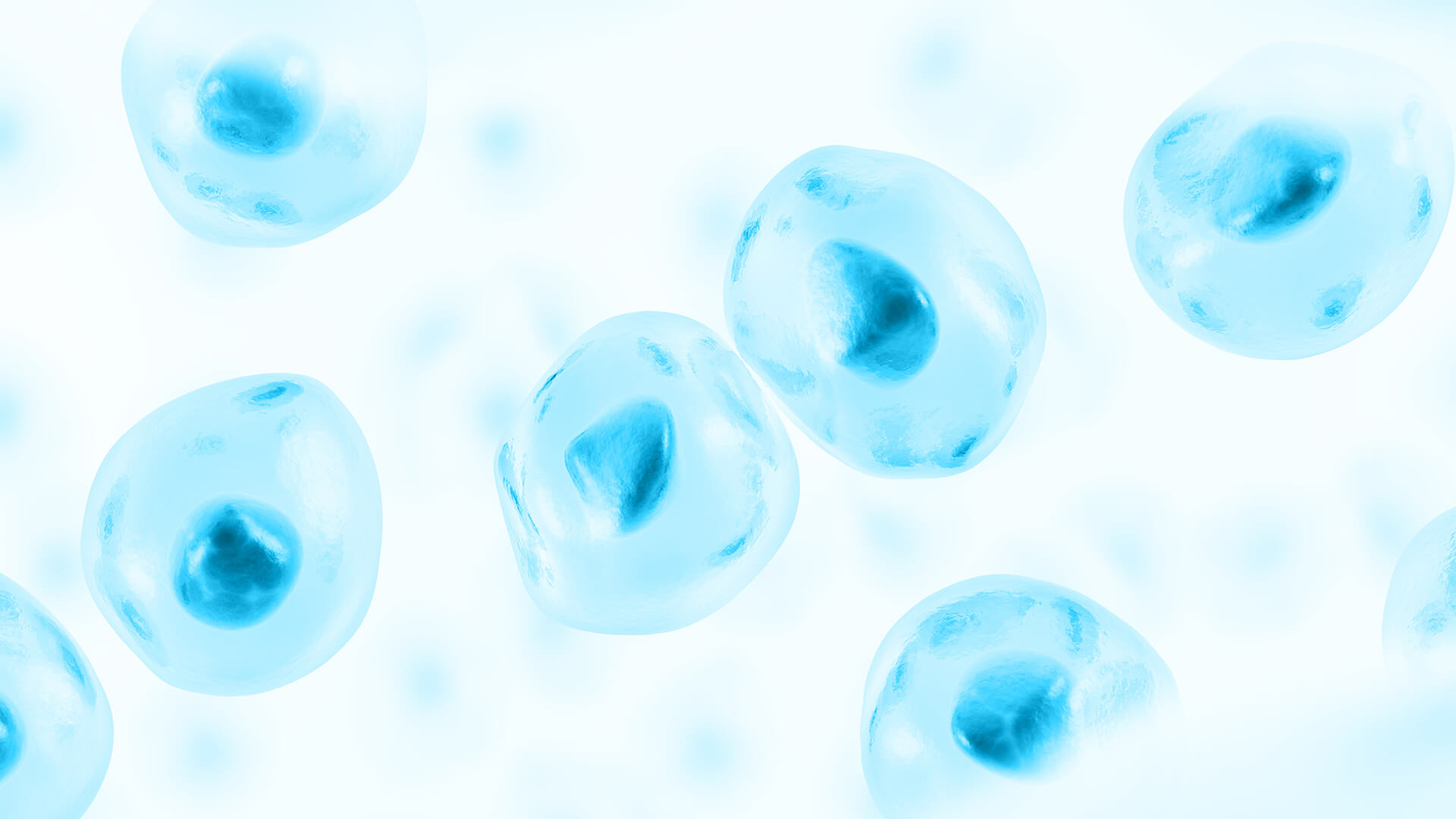Calls for Ukraine
Calls for Europe
Calls for USA

A new study led by experts at SickKids Hospital for Children (SickKids) in Canada and the Curie Institute shows how stem cells perceive and respond to their environment, which is important for the treatment of inflammatory bowel disease and colorectal cancer.
Stem cells are constantly adapting to their environment to maintain healthy organs and tissues through chemical signals and physical influences. When stem cells do not function properly, it can lead to a number of diseases, including inflammatory bowel disease (IBD) and colorectal cancer when they continue to divide until a tumor forms.
Until now, it remained unclear how stem cells perceive the physical impacts around them, but new research findings published in the journal Science by study leader Dr. Meryem Baghdadi of SickKids Hospital, Dr. Tae-Hee Kim of SickKids, and Dr. Danijela Vignjevic of the Curie Institute, have shown that stem cell survival depends on two ion channels called PIEZO1 and PIEZO2.
“The physical properties of the environment around stem cells are crucial for our health. With this knowledge, we will be able to explore ways to repair the gastrointestinal tract to not only prevent stem cell damage, but also repair them,” said Tae-Hee Kim, senior researcher in the Developmental Biology and Stem Cell Program, SickKids.
How stem cells perceive changes in the gut
In 2018, Dr. Xi Huang, a senior scientist in the Developmental Biology and Stem Cell Program at SickKids, discovered that PIEZO ion channels affect tumor thickening in brain cancer. Inspired by this study, Kim’s research team decided to investigate how intestinal stem cells utilize PIEZO channels to maintain health and proper function.
In a preclinical model, the research team turned off (blocked) the PIEZO1 and PIEZO2 channels in the gut. The results were dramatic: in the absence of both PIEZO channels, stem cells could not maintain their essential functions, leading to severe disease and rapid death. Although it was previously known that PIEZO channels have different functions, this study revealed their unexpected additional role in stem cell maintenance.
In the laboratory Kim and Vignjevic found that PIEZO ion channels help stem cells sense physical changes in the environment, such as its stiffness or stretchiness. Without these channels, the balance in two crucial signaling pathways was disrupted, causing stem cells to fail to notice important changes in the environment and to differentiate improperly.
In the absence of PIEZO channels, stem cells cannot remain stem cells. Instead, they turn into other cell types too quickly, leading to serious health problems.
This discovery has important implications for human health, especially for diseases with abnormal stem cell activity, such as IBD, which is one of the fastest growing diseases in the world, and colon cancer, the third most common cancer.
Scientists are increasingly convinced that our cells are not just a biological system, but also a system of chemical and mechanical signals that control cell activity. How and why our bodies respond to these signals opens up new avenues of research into not only gut health, but all aspects of human health.
Please rate the work of MedTour
